

Discover more from Weapons and Strategy
Will the Ukraine War Spill Over to Europe?
Recent NATO Moves Could Cause the war to expand to NATO countries
The danger is rising that the Ukraine war will spill over to Europe. The risk of a European war has never been so high.
The general consensus among military experts is that Ukraine is slowly, but inexorably, losing the war against Russia. But what does that mean?
On its face Ukraine does not have enough soldiers to continue fighting the Russians for much longer. The burn rate for Ukraine is hundreds per day, and battles are nowadays normally described as "meat grinders" because of the casualties. Russia has a large reserve, perhaps half a million, trained fighting men; Ukraine has almost no reserves that are not already deployed.
Even so, Russia's end-game strategy is murky. Sometimes the Russians say they want to create a "buffer zone" to protect Russian territory from attack. However, the introduction of long range ballistic and cruise missiles rules out a buffer zone unless it reaches almost to the Dnieper river. Even then, a buffer zone does not protect Zaporizhya or Crimea.
NATO is now introducing F-16s to Ukraine which reportedly will operate from Romanian airfields. They will be equipped with long range JASSM cruise missiles and AIM-120 air to air missiles. Will Russia need to destroy their Romanian air base operations or will NATO back off the idea of using them to launch F-16 sorties that, some anticipate because of location, will be aimed at hitting Crimea?
Crimea is ultra sensitive to Russia. Recently, Ukraine has been launching heavy salvos of long range missiles on Crimean targets including airfields and harbors, especially Sevastopol and will soon, once again, attempt to destroy the Kerch bridge.. Most of these missiles have been supplied by NATO (mostly American) and all of them are given targets based on NATO-supplied coordinates. NATO operates spy planes and long range radars, as well as satellites, to pinpoint the exact coordinates for their Ukrainian clients. The Russians have kept fairly quiet about these attacks, depending on air defenses to try and ward off most of the damage.
The Crimea attacks have no actual military purpose because Ukraine lacks the ground force needed to fight a battle there. The idea is to humiliate the Russians, but the likely result may be the reverse. As the pressure is stepped up one can anticipate that Russia will respond and use brutal force, either attacking Kharkiv, Odesa or Kiev (or some or all of the above). Russia has more long range rockets than NATO can supply and Kiev does not have enough surviving air defenses to protect its cities from devastation.
What, then, is the NATO strategy, other than to punish Russia as Ukraine loses its war?
It would seem that NATO is trying to convince the Russians that they will pay a very high price for defeating Ukraine. Some in NATO may think that pressure will grow inside Russia to back off and stop their latest offensive operations, maybe even seek a ceasefire.
Unfortunately there is no reason to believe Russia can be convinced to halt their operations against Ukraine, or consider a ceasefire. Despite a lot of talk about a ceasefire, it works in Ukraine's favor, not in Russia's.
The Russians have sent their own message to Washington, sending Russian warships and nuclear submarines to Cuba. Whether Washington will “get it” is not clear.
In fact, everything that can be learned points in the other direction: Russia is increasingly angry with attacks on its territory and on Crimea. The actual pressure inside Russia's leadership is to significantly step up attacks on Ukrainian targets. These messages were passed around in a series of private meetings this month at the St. Petersburg economic summit. Putin did not say it, at least not out loud. But the next level down in Russia's leadership was voicing its anger and frustration and looking to blast both the Ukrainians and NATO.
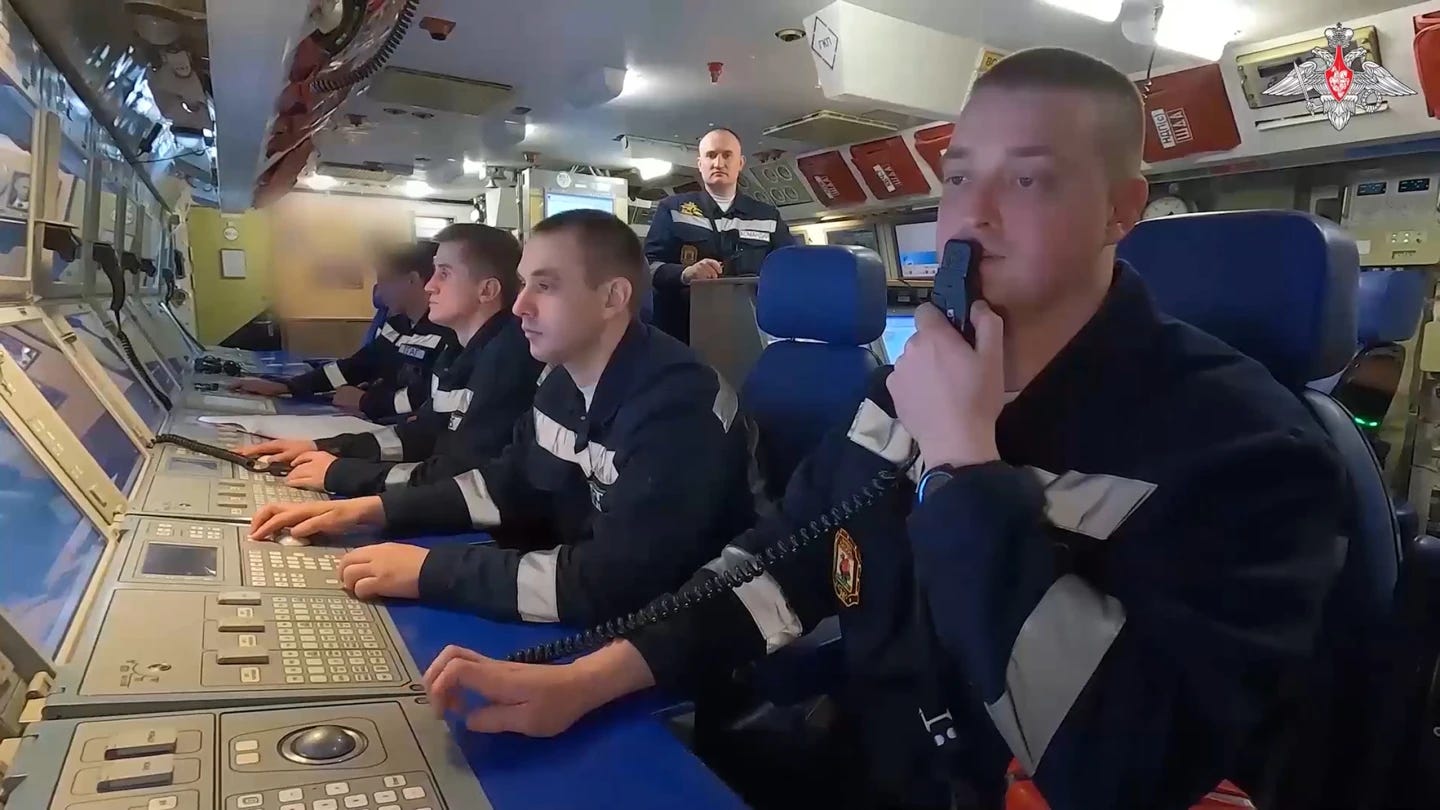
Some European leaders, dangerously losing political support at home, particularly French President Emmanuel Macron, may opt for a bigger war to try and shift public opinion in their favor. Sending troops and offering fighter jets and other weapons could be interpreted as intentionally aiming for a wider, European war. That fact that the US apparently is behind using F-16 bases in Romania may be Biden's way to cause a war in Europe and save his sinking political fortunes. (Or maybe Biden knows nothing about it, but his handlers have cooked up this "new" strategy to save their boss's hide.)
Such ideas are inherently risky because NATO's defenses are embassingly thin. Risking the alliance and Europe's future for the sake of staying in office is, in and of itself, shameful and probably criminal. Nor is there any proof that public opinion will support a bigger war. In fact, it is more likely there is pent up anti-war feeling in Europe that will burst out, both from the right, left and probably the center too. NATO is already perilously close to turning itself into an aggressor alliance, and that could spell its disintegration and rejection.

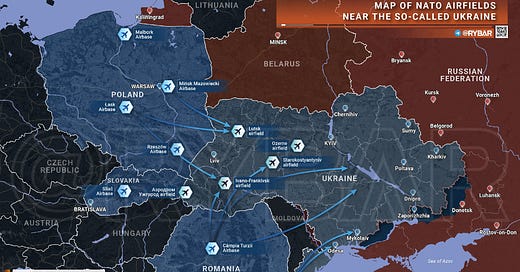



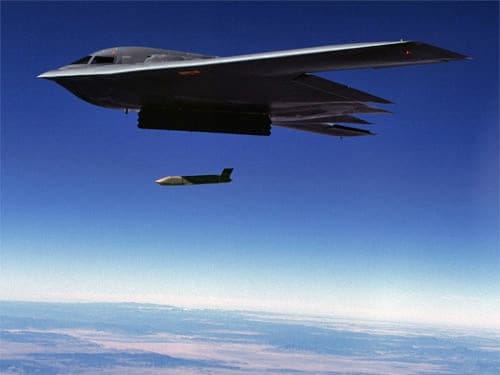
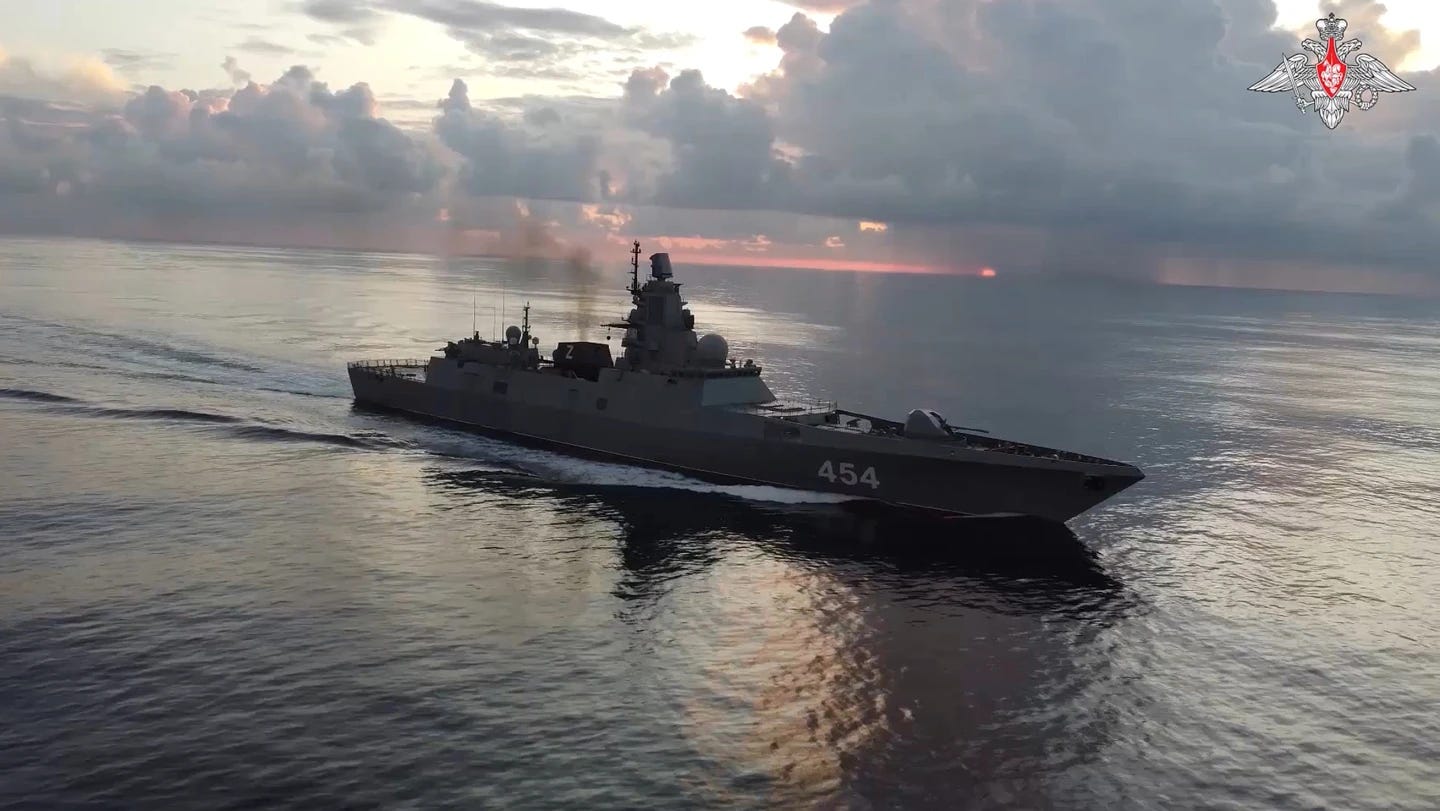
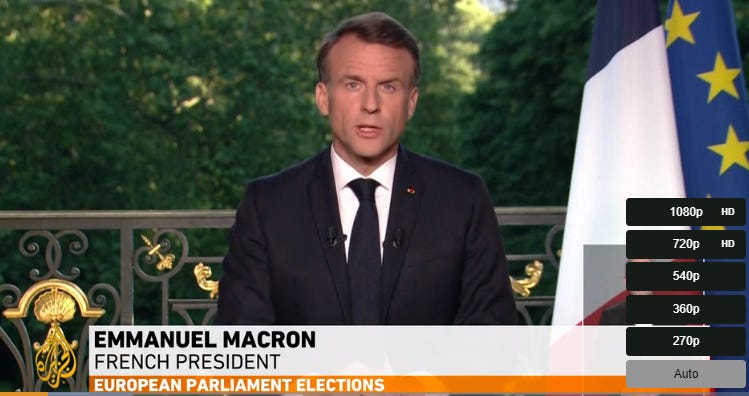





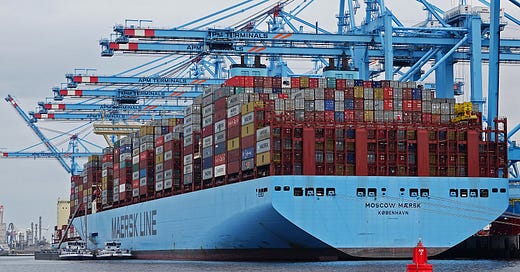

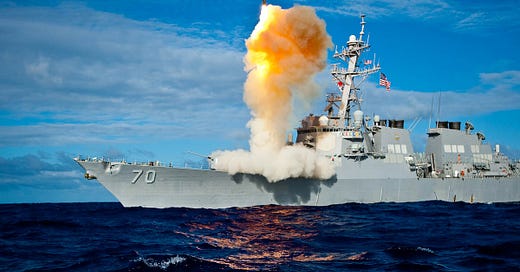

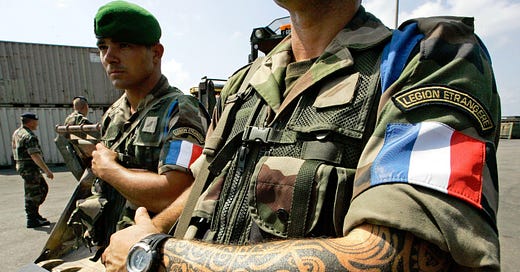

The Biden administration's tactics are well understood. The White House adheres to the tactics of “unbreakable commitments” or frontal attack and at the same time constantly raises the stakes with bad cards in its hands. Whoever came up with the idea to play with Putin like that, the Americans will figure it out themselves someday. I can only guess.
As a result, Putin is not afraid - no one has ever been able to scare him. He acts rationally. Surely tactical warheads, under the guise of exercises, are already loaded into missiles on the ground, on planes and ships.
If the White House doesn't back down and stop trying to make a chicken out of Putin, there will be a blow. I think the United States is hoping to stop in time. But you may not be able to stop in time due to an incorrect assessment of the situation.
The wave of "right wing" (really: populist, anti-globalist) electoral shifts across Europe is in large part an anti-war sentiment. Not because the public are pacifists but because they see this war as just not in their interests, dangerous, and part of the constant deflection away from issues ordinary non-elite Europeans care about.